The following sources from the University of California, Davis, are available to talk with media about climate change impacts and solutions related to energy and transportation.
Find more energy and transportation experts and learn about their research at the UC Davis Institute of Transportation Studies and Energy and Efficiency Institute websites.
Transportation, policy and behavior
Alissa Kendall is director of the Institute of Transportation Studies and a professor of environmental engineering. She can discuss the material, energy and waste flows generated by engineered systems, with a focus on transportation and climate change. Her research on life cycle assessments is focused on biofuel production, agricultural systems, and transportation infrastructure. Contact: amkendall@ucdavis.edu
Dan Sperling is director emeritus of the Institute of Transportation Studies and professor emeritus of Engineering and Environmental Policy. He is an expert on transportation and climate policy, and the “3 Revolutions” of driverless, shared and electric vehicles. He also can discuss fuels and climate change policy. He holds the transportation seat on the California Air Resources Board. Contact: dsperling@ucdavis.edu
Giovanni Circella is the director of the 3 Revolutions Future Mobility Program within the UC Davis Institute of Transportation Studies, a Geography professor at Ghent University, and the head of the Master School in Urban Mobility at the European Institute of Technology. He can discuss travel behavior, sustainable transportation, remote work, e-shopping, pandemic-impacted travel, future and evolving community mobility patterns, and the 3 Revolutions: Automation, Electrification, and Shared Mobility. Contact: gcircella@ucdavis.edu

Lew Fulton is director of the Energy Futures Program within the Institute of Transportation Studies. He can discuss new vehicle technologies and new fuels, and how these can gain rapid acceptance in the market. He can also discuss travel demands and how national and global shifts in transportation use can impact energy use and greenhouse gas emissions. He is also focused on the intersection of “3 Revolutions:” autonomous, electrified, and shared vehicles. Contact: lmfulton@ucdavis.edu
Miguel Jaller is an assistant professor of Civil & Environmental Engineering and the co-director of the Sustainable Freight Research Program. He specializes in freight transportation, sustainable transportation, and how humanitarian crises are impacted by transportation infrastructure. Contact: mjaller@ucdavis.edu
Electric Vehicles
Gil Tal is a professor in Environmental Science & Policy, the director of the EV Research Center, and the director of the Sustainable Transportation Energy Pathways Program (STEPS+), which runs five research centers centered around sustainable vehicle and energy solutions. He can discuss sustainable transportation transitions, travel behavior, and electric vehicle policy and integration. Contact: gtal@ucdavis.edu
Alan Jenn is an assistant professor at the Electric Vehicle group of the Institute of Transportation Studies. He can discuss electric vehicle technology: how EVs can be integrated into the electricity grid, EV adoption and policy, and how EVs can make a worldwide impact and mitigate climate change. Contact: ajenn@ucdavis.edu
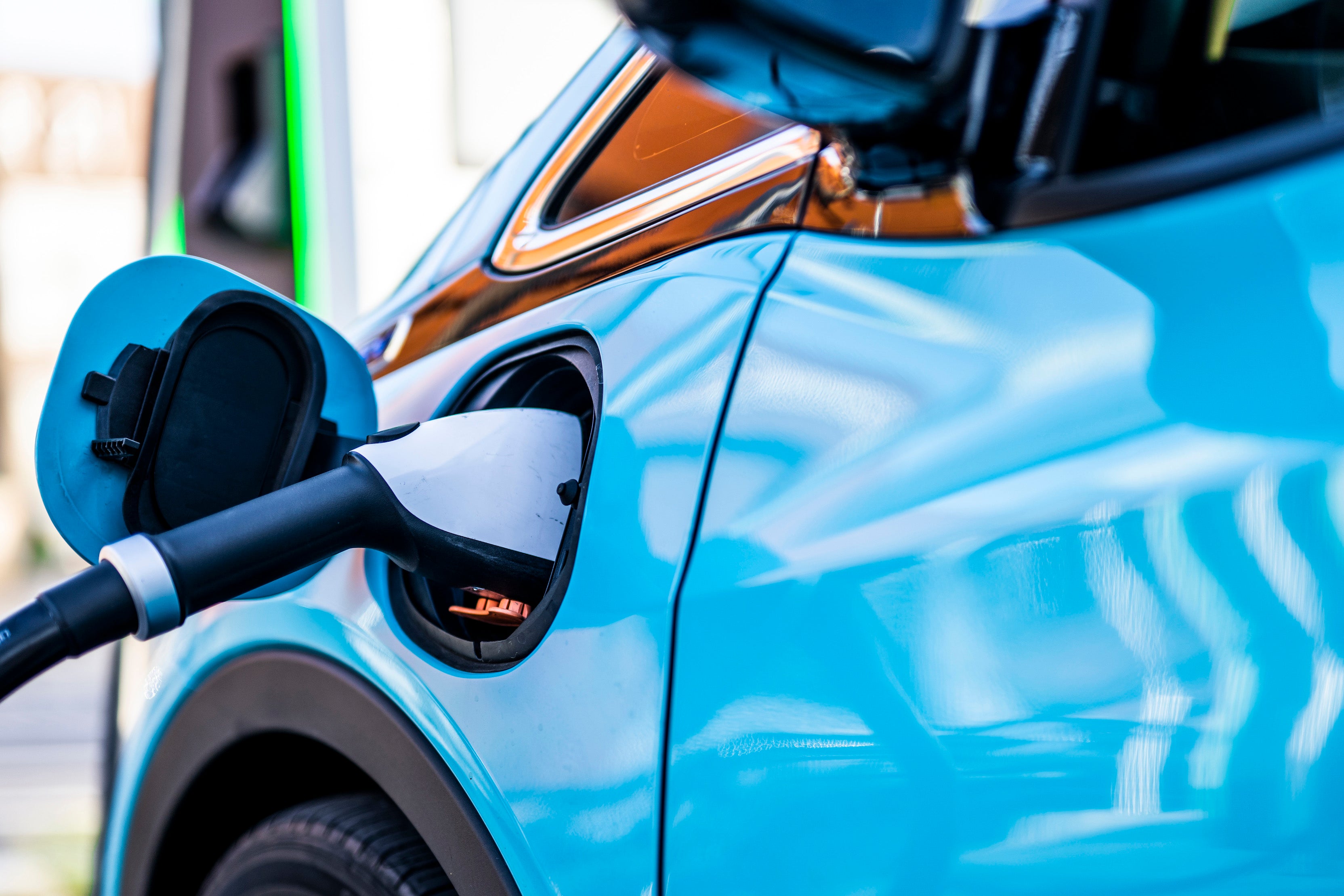
Hemant Bhargava is director of the Center for Analytics and Technology in Society at the UC Davis School of Management. He analyzes system operations and is an expert in technology management. He has written that EV’s need a robust network of rapid charging stations for them to succeed in the consumer marketplace. Contact: hemantb@ucdavis.edu
Biking, walking and public transportation
Susan Handy is a professor of Environmental Science and Policy at UC Davis and director of the National Center for Sustainable Transportation. She has conducted numerous studies on the benefits of, barriers to and attitudes toward bicycling. She can discuss strategies for reducing automobile dependence by individuals and communities. Contact: slhandy@ucdavis.edu
Kari Edison Watkins is an associate professor in Civil & Environmental Engineering and the founder of the OneBusAway program, which provides live bus tracking information to riders. She is an expert in transit and can discuss driving alternatives, multi-modal street design, travel behavior and rider preferences, and rider safety. Contact: kewatkins@ucdavis.edu
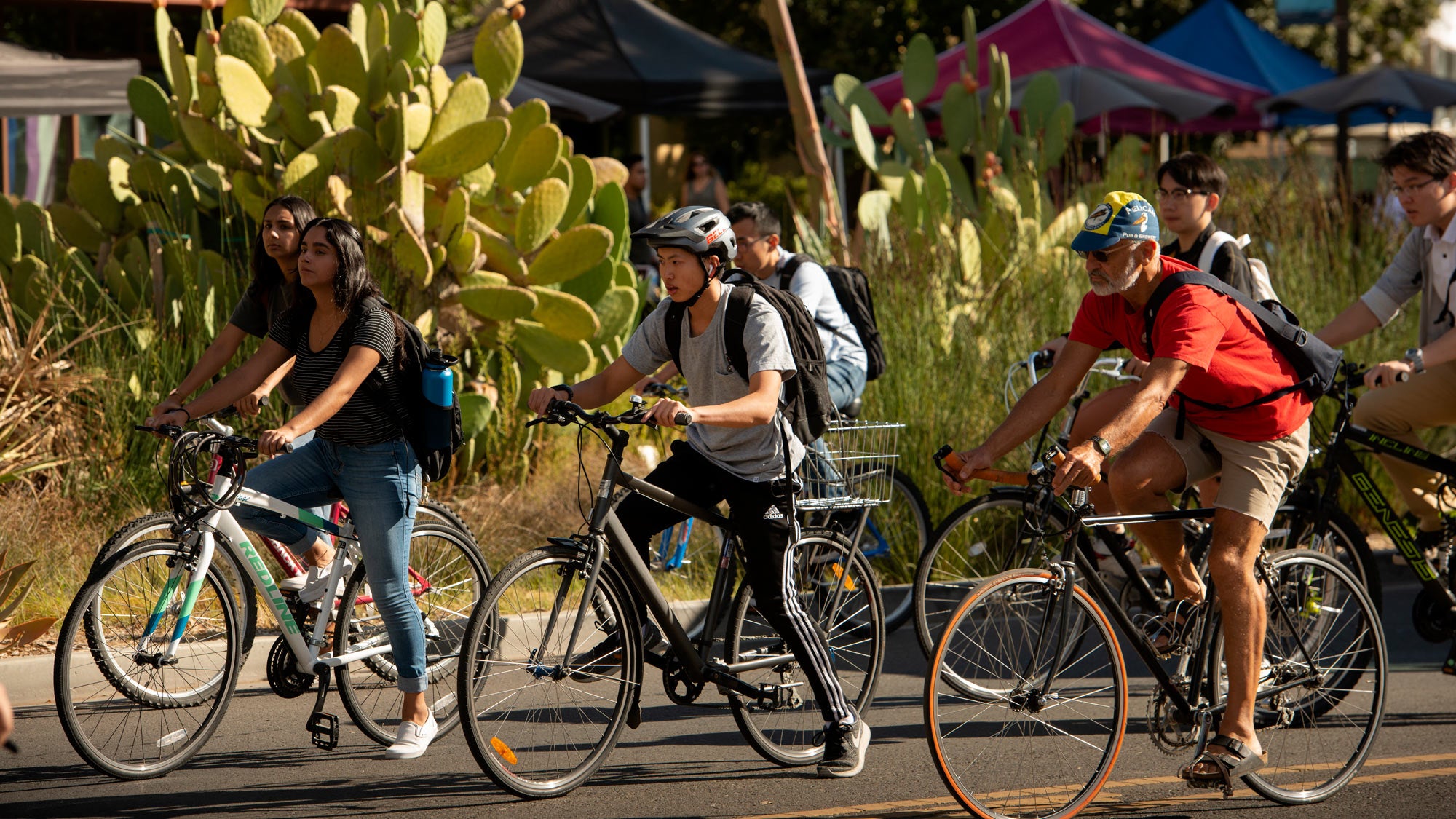
Transportation, environmental justice and wildlife
Jesus Barajas is an associate professor in Environmental Science and Policy and affiliated faculty at the Institute of Transportation Studies. He can discuss the intersection of transportation policy and environmental justice via topics of travel behavior, transportation safety, and policing. Contact: jmbarajas@ucdavis.edu
Fraser Shilling is the director of the Road Ecology Center, which focuses on protecting the transportation system from climate change-related disasters like sea level rise, and studying the impact of roads and wildlife-road connectivity. He can also discuss water sustainability, the involvement of marginalized communities in environmental policy, and science communication. He has also served as an expert in transportation legal cases. Contact: fmshilling@ucdavis.edu
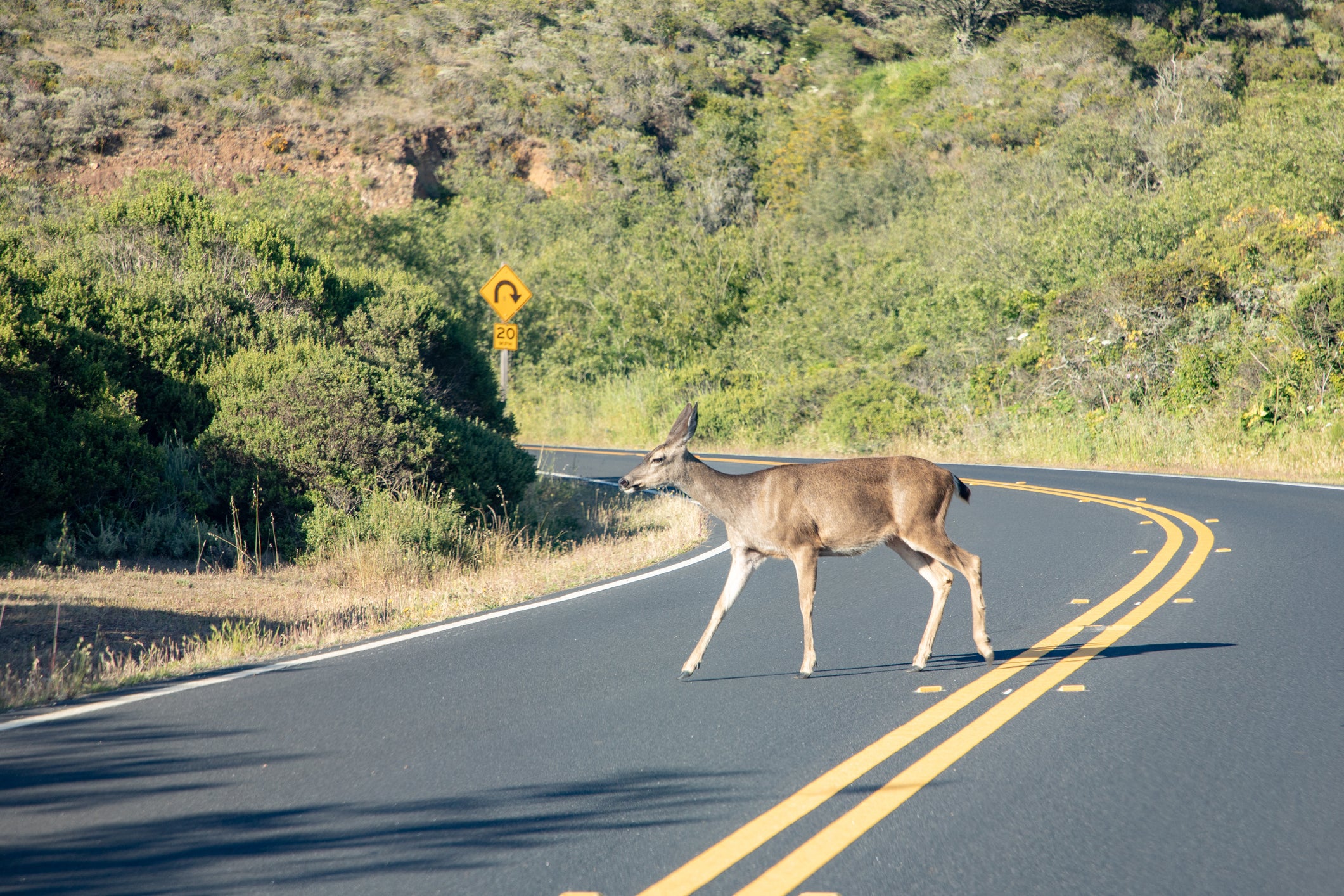
Energy, construction, lighting and design
Theresa Pistochini is a senior engineer at Western Cooling Efficiency Center. She can discuss energy-efficient cooling technologies for arid, warming climates. Contact: tepistochini@ucdavis.edu
Sabbie Miller is an associate professor in Civil & Environmental Engineering. Her research focuses on designing sustainable building materials and minimizing their environmental impact, especially with concrete and bio-derived materials. She can discuss the climate, human, and environmental burden of infrastructure materials consumption, alternative materials, and material behavior. She recently launched the Materials Decarbonization and Sustainability Program with a goal to decarbonize building materials. Contact: 530-754-6407 sabmil@ucdavis.edu
Jae Yong Suk is an associate professor of Design and the associate director of the California Lighting Technology Center. He can discuss the human impacts of glare from urban lighting, the use of natural light in building design, how light color and quality can affect stress and mood, and energy decarbonization. Contact: jysuk@ucdavis.edu
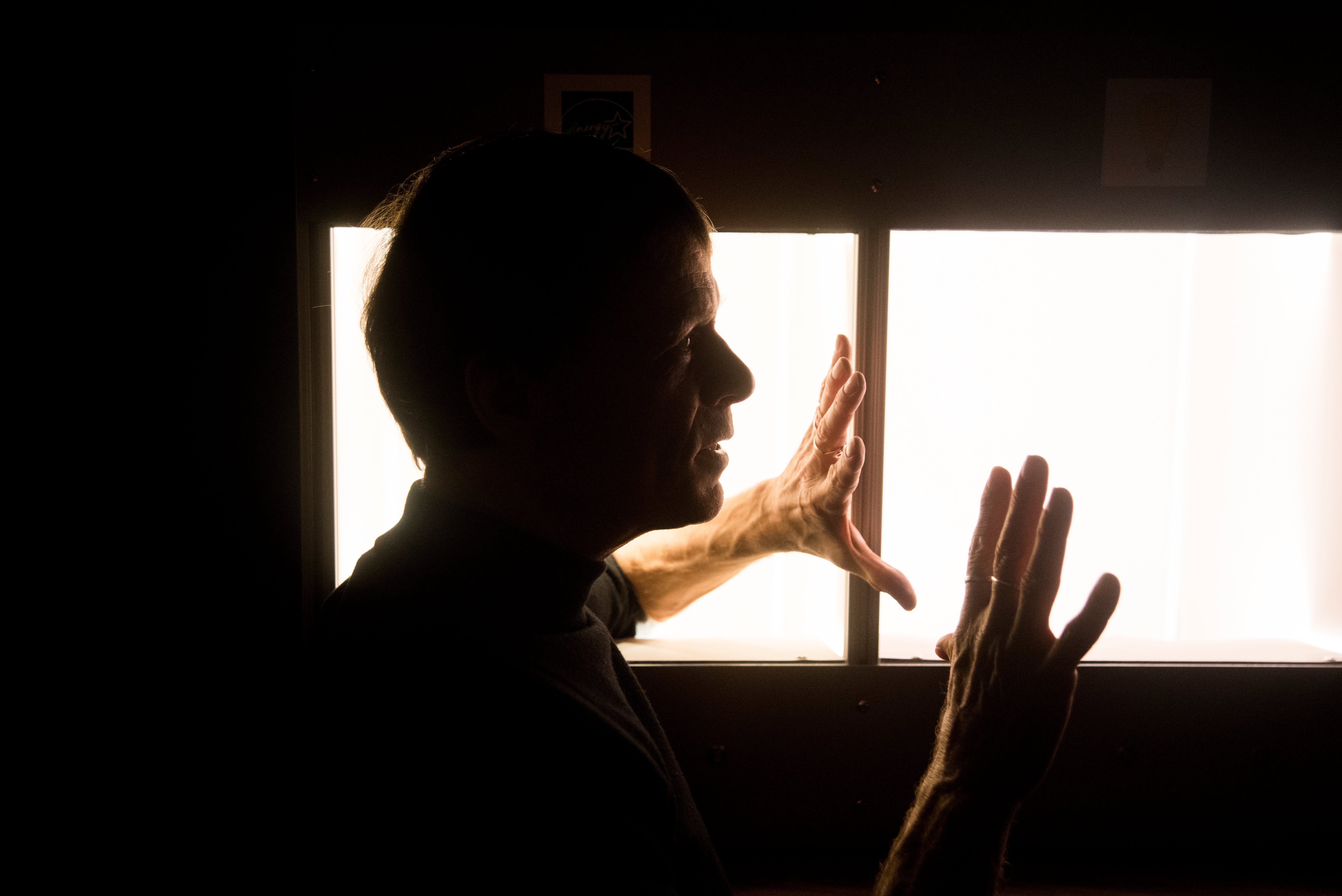
Michael Siminovitch is the former director of the California Lighting Technology Center and a professor in the Department of Design. He can discuss energy-efficiency lighting technologies, strategies for residential and commercial sectors. Contact: mjsiminovitch@ucdavis.edu
Rebecca R. Hernandez directs the Wild Energy Center within the Energy and Efficiency Institute and is an associate professor in the Department of Land, Air and Water Resources. She can discuss the potential for rooftop solar installations, and voltaic landscapes — ecovoltaics, rangevoltaics and agrivoltaics — that can generate energy while growing food, preserving biodiversity. Contact: rrhernandez@ucdavis.edu
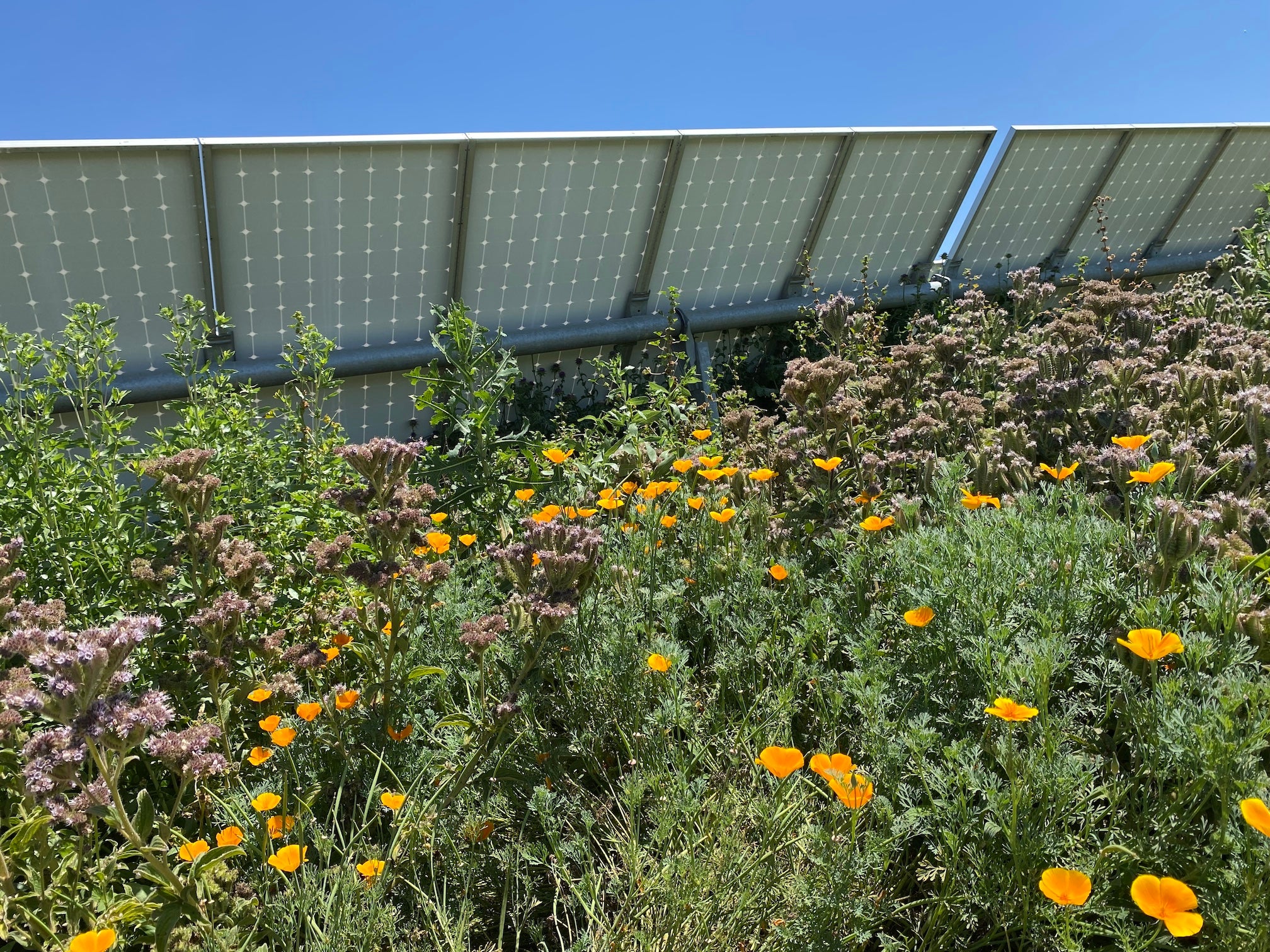
Keith Taylor is an associate professor of Cooperative Extension & Community Economic Development. He is an expert in community economic development policies and practices, and the Triple Bottom Line enterprise that measures an organization’s performance in social, environmental, and economic dimensions (the 3Ps: people, planet, and profits). He is passionate about community-based solutions. Contact: keitaylor@ucdavis.edu
Energy and agriculture
Chris Simmons is the department chair and professor of Food Science & Technology. His research seeks to improve energy and water use efficiency in agriculture and food processing by reclaiming energy from waste streams. He can discuss biofuel & biogas production and energy & wastewater recycling. Contact: cwsimmons@ucdavis.edu
Aaron Smith is the DeLoach Professor of Agricultural Economics and the cluster lead for socioeconomics and ethics in the AI Institute for the Food System (AIFS). He can discuss policy and the economics of climate change, agriculture, energy, and the environment. Contact: adsmith@ucdavis.edu
Edward (Ned) Spang is an associate professor of Food Science & Technology and runs the Food Loss and Waste Collaborative which seeks to decrease food waste. He can discuss the intersection of water, energy, and food systems efficiency. Contact: esspang@ucdavis.edu
Business and economics
James Bushnell is a professor in the Department of Economics and Co-Director of the Davis Energy Economics Program. He can discuss energy economics and policy, carbon pricing, cap-and-trade, regulation and energy markets. Contact: jbbushnell@ucdavis.edu
Paul Griffin is a professor emeritus in the Graduate School of Management. He can discuss the relation between stock prices and greenhouses gas emissions and other accounting and financial topics related to climate change and companies' disclosures to stockholders. Contact: pagriffin@ucdavis.edu
Frances Moore is an associate professor of Environmental Science and Policy. She studies the social and economic consequences of climate change, particularly in the agricultural sector, and how people may adapt to climate changes. Contact: fmoore@ucdavis.edu
Dave Rapson is an associate professor in the Department of Economics and Co-Director of the Davis Energy Economics Program. He can discuss consumer behavior, including demand for durables (cars, appliances) and energy (electricity, fuel), as well as other issues relating to electric vehicles, electricity markets, climate policy and optimal regulation. Contact: dsrapson@ucdavis.edu
Mark Agerton, assistant professor in the Department of Agricultural and Resource Economics, is available to discuss his research on U.S. oil and gas supply issues. Contact: mjagerton@ucdavis.edu
Bulat Gafarov, assistant professor in Department of Agricultural and Resource Economics, can discuss gas supply and cost issues as well as inflation and the macroeconomy. Contact: bgafarov@ucdavis.edu
Erich Muehlegger, professor of economics, is an expert in energy and environmental economics, public finance and tax policy, and industrial organization. He can discuss the markets for transportation fuels and how tax policy and energy prices affect consumer vehicle purchases. He studies the effect of gasoline taxes, vehicle subsidies and energy prices on electric vehicle adoption, and the effect of oil price shocks on gas and diesel prices. Contact: emuehlegger@ucdavis.edu
This list was updated on Jan. 7, 2026.
Media Resources
Kat Kerlin, UC Davis News and Media Relations, 530-750-9195, kekerlin@ucdavis.edu
Karen Nikos Rose, News and Media Relations, UC Davis School of Management sources, 530-219-5472, kmnikos@ucdavis.edu
